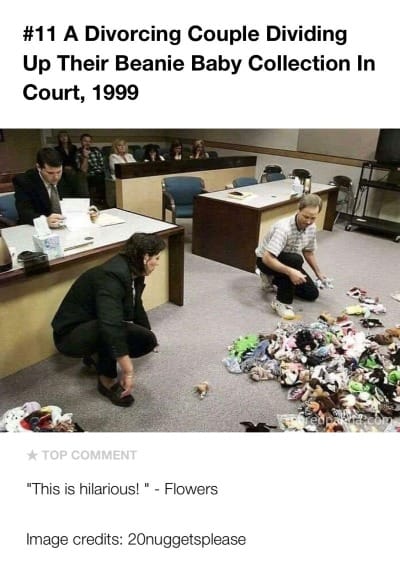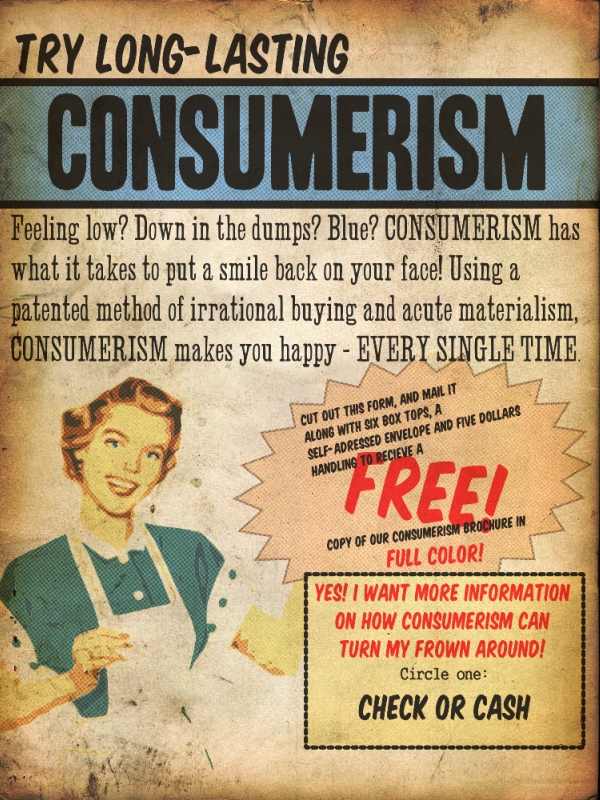Cleaning a Hoarder's House
The insides of a hoarder's house is visual reminder of a lifetime of waste.

My mother is a hoarder. Over the past few days I've been dealing with the mass of junk hoarded at my mother's house.
She won't call it junk, but even the usable stuff - piano, oak desk, antique cupboard - at best will be given away for free.
I haven't stepped foot in that house in over 15 years. I wasn't allowed, although, knowing it was probably a disaster, I offered many times to help clear it out. Now that the house must be sold quickly (long story) and my mother is against a ridiculous timeline suddenly I'm the only one who can get this done. Great.
The amazing thing is she believes she's doing me a favor because she's finally allowing me to do what I've been suggesting for years.
Hoarding is a mental disease, but that's not really what this post is about. It's about rampant consumerism. Most of the time our cumulative consumption is hidden from view. However, hoarders stop the flow of goods between acquisition and disposal, capturing cumulative consumption in a single location.
As I seek company in my misery dealing with this mess, I've read numerous accounts of others begrudgingly clearing out their parents' collection of crap. It's a story that repeats.
Over a lifetime, people buy stuff - VCRs, Precious Moments, commemorative plates, clothes, Beanie Babies - expecting it to retain its value. Some don't throw things out because they associate the cost of purchase with value. Unfortunately, people are shocked to discover almost all of their possessions are worthless and their adult children have no desire to inherit them.
Rarely, some things might have value, but mostly it's sentimental. Admittedly, there was a brief Beanie Babies mania during the 1990s, but that has long died.

Possibly, 1 or 2% of the items one accumulates over a lifetime retain value, but those items vanish in the thick of the hoarder's jungle. No adult human has the time to evaluate a lifetime of crap - especially when time is of the essence. Many elderly parents are shocked to learn almost all of their china, books, collectables, etc. will end up in the landfill after they die.
The association of value to junk is a symptom of consumerism that took hold during the 20th century. Advertisers convinced people their personal identity was connected to their possessions. In order to be a certain type of person - usually some sort of aspirational identity - you had to own certain things. Some took this even further, wrapping their self worth around a consumption-based hobby or "retail therapy".

Hundreds of pounds of junk hauled out of my mother's house each day represents decades of wasted resources, money and time. For someone who claims to care about the environment and was always broke, she sure bought a lot. A lifetime of hypocrisy, clear for everyone to see.
Consumption = future garbage.
People need to understand that the vast majority of consumable goods lose their value the second they're bought. Some have lasting value, if they provide tangible happiness or utility, but even that is fleeting. 99% of everything you buy will end up in a landfill. Nobody wants it. So stop buying crap making the excuse it will be part of your child's inheritance.
Multiply this across millions of Baby Boomers who are passing away each year. That's millions of lifetimes of accumulation chucked in the garbage every year.
It's a stark realization that many have trouble grasping. They wasted their time and energy working to earn income to buy stuff that will be dumped in the garbage when they die.
The whole cycle is pointless, and the insides of a hoarder's house is visual reminder of a lifetime of waste.



